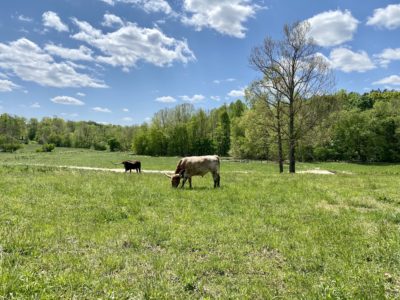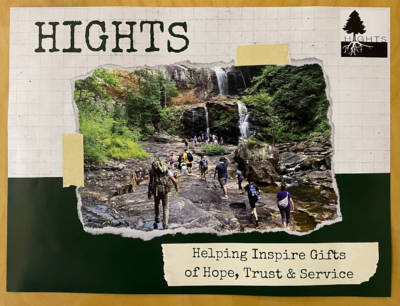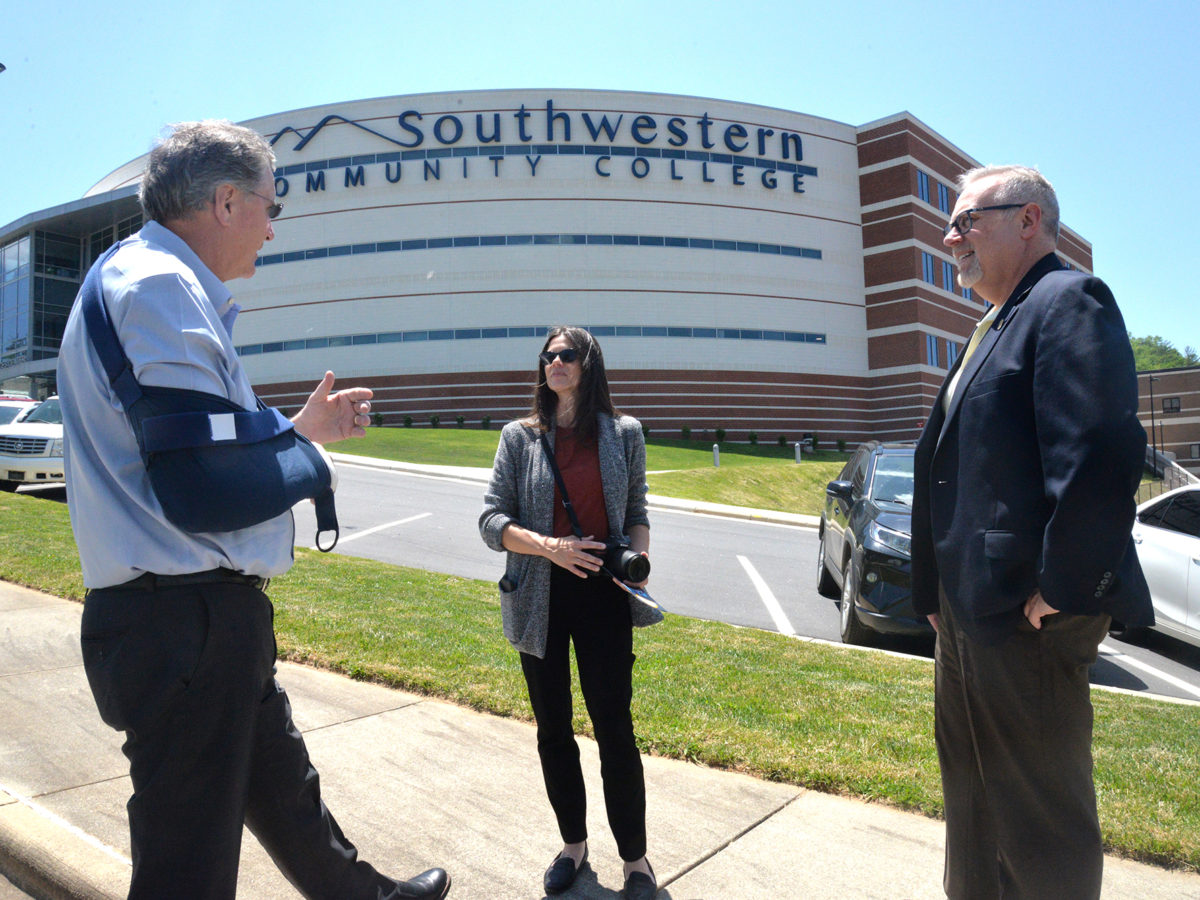

Share this story
- "You need to take the college to the community and the community to the college," said @southwesterncc President Don Tomas. Southwestern is one of 40 N.C. community colleges serving a rural county and was recently named a semifinalist for the Aspen Prize.
- @southwesterncc has been selected as a semifinalist for the Aspen Prize. Read how the college is improving student access, meeting the needs of their community, and serving rural residents.
Southwestern Community College is among 25 semifinalists in the running for the 2023 $1 million Aspen Prize for Community College Excellence. The prize is the “nation’s signature recognition for America’s community colleges” and is awarded every two years.
From over 1,000 U.S. community colleges, 150 institutions are selected to apply based on a model that uses national data measuring “institutional performance, improvement, and equity in student retention and completion.” Of the 58 community colleges in North Carolina, six were invited to apply: Catawba Valley, College of the Albemarle, Edgecombe, Montgomery, Southwestern, and Wayne.
The 150 institutions are then narrowed to 25 semifinalists – a newly added milestone since the launch of the Aspen Prize in 2010. Aspen added the 25 semifinalists as a way to highlight the work of more colleges so others can learn from them.
From the 25, 10 finalist institutions are chosen for further review and a two-day site visit before announcing one winner.
“I’m getting goosebumps thinking about it,” Dr. Don Tomas, president of Southwestern, said about being a semifinalist.
Being asked to apply for the Aspen Prize points to what Tomas says is evidence that Southwestern Community College is doing a good job.
“You’re meeting the needs of your community, your students,” Tomas said. “You’re getting them in the system and through the system. You’re meeting the workforce education demands.”
The college is also seeing continued success with engaging more minority students who then go on to complete a credential – a fact particularly significant given that the college is situated in the southern Appalachian region, where the majority of the population is white.
The secret sauce to serving students better
If you ask community college leaders the secret sauce needed to improve retention, completion, and institutional performance, you may hear the phrase ‘it’s not just one thing.’
As Tomas said, the model to better serve students is multifaceted – from using data to look for opportunities for improvement to increasing partnerships to early engagement. But before models and initiatives can take root, there is a piece to the equation that is imperative for community colleges – and that is understanding the students and the community the institution serves.
What does understanding look like?
According to Tomas, it’s about being embedded in the culture.
Census data only paints a small picture. To know a community is to be able to discern the culture of the community – learning residents’ ways of life, their beliefs, and what they value. And while it’s important for leaders at every institution to know the culture of the community they are trying to reach, it’s especially true for community colleges serving rural regions.
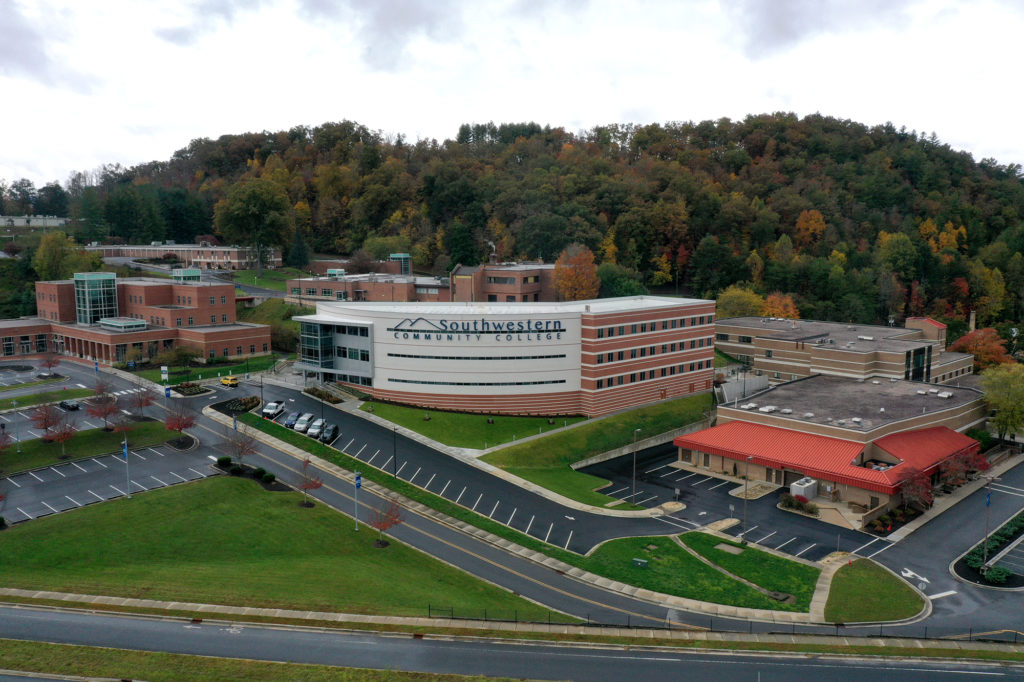

Rural communities are particularly special in that many of the residents who live there were also born there, as were the generations before them. Some consider this an asset because it creates deep roots among the people. But it can be challenging for those moving into such a connected and culturally-rich community.
Tomas, who moved from Texas to Western North Carolina almost 12 years ago, said as president of a rural-serving institution, you have to be intentional, build trust, and “become part of the fabric and culture of the community.”
And moving from one rural area to another doesn’t guarantee you’ll understand the culture, because each community is unique – filled with its own stories and people.
Serving rural residents
The N.C. Rural Center considers 78 of the 100 counties in North Carolina rural. That means 40 of the state’s 58 community colleges serve at least one rural county, according to the North Carolina Community College System (NCCCS).
Although challenges on the path to higher education exist in every community, these challenges are often greater in rural areas. To a large extent, these communities are poorer, underserved, and have lower college completion rates compared to urban areas.
Many rural-serving community colleges are the primary provider of essential resources, such as internet access and food banks. And as community hubs, they experience unique challenges and opportunities as they seek to increase attainment and close the economic prosperity gap.
Southwestern Community College serves three rural counties: Macon, Jackson, and Swain. Collectively, the three counties have a population that totals just over 94,000.
Tomas is aware of the challenges experienced by rural-serving community colleges – lack of resources being chief among them. And while he doesn’t want to diminish the work of all 58 community colleges, Tomas said rural community colleges are often unique in the ways they meet these challenges head-on because of how ingrained and embedded college leaders are within the culture of their community.
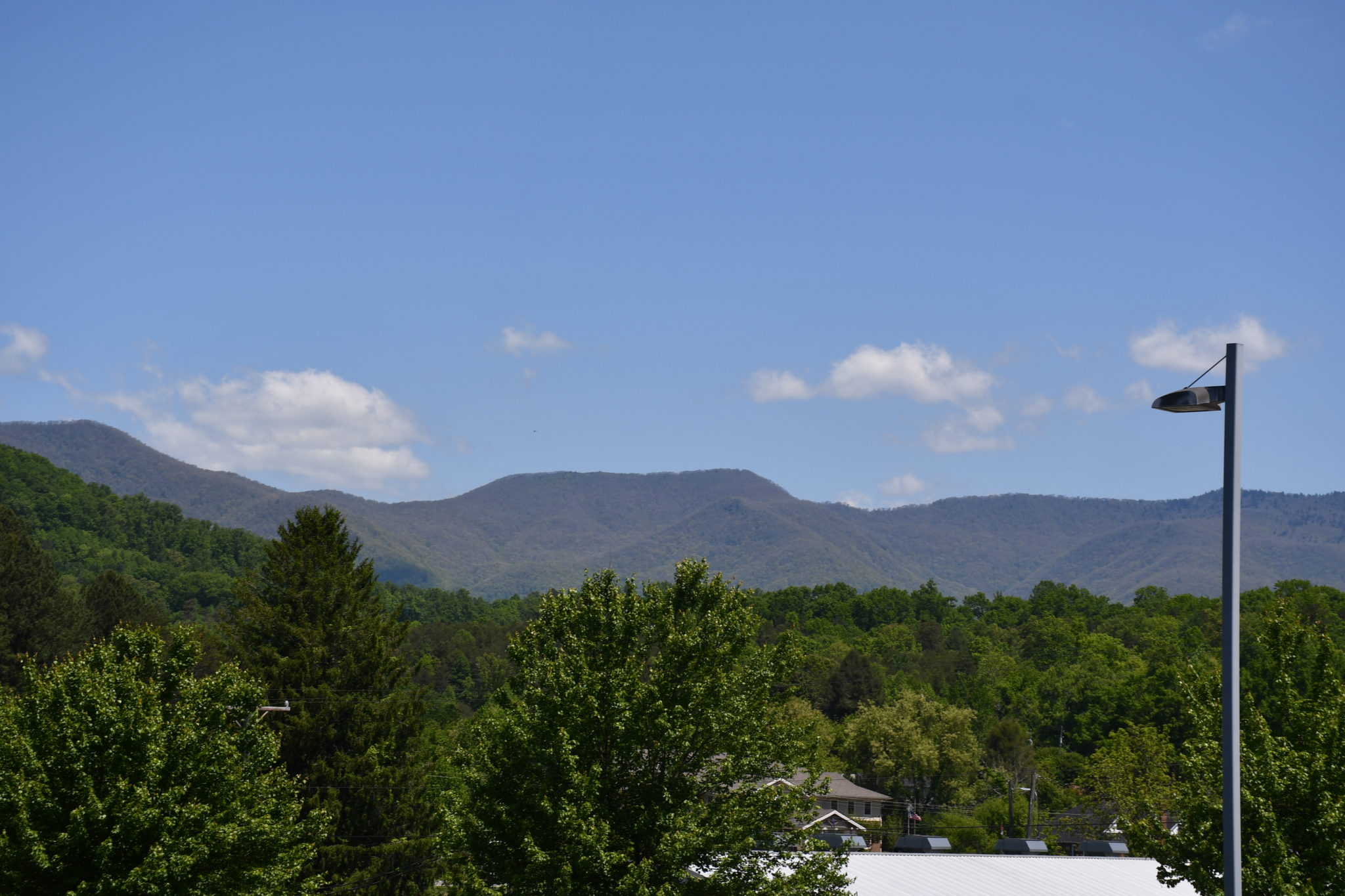

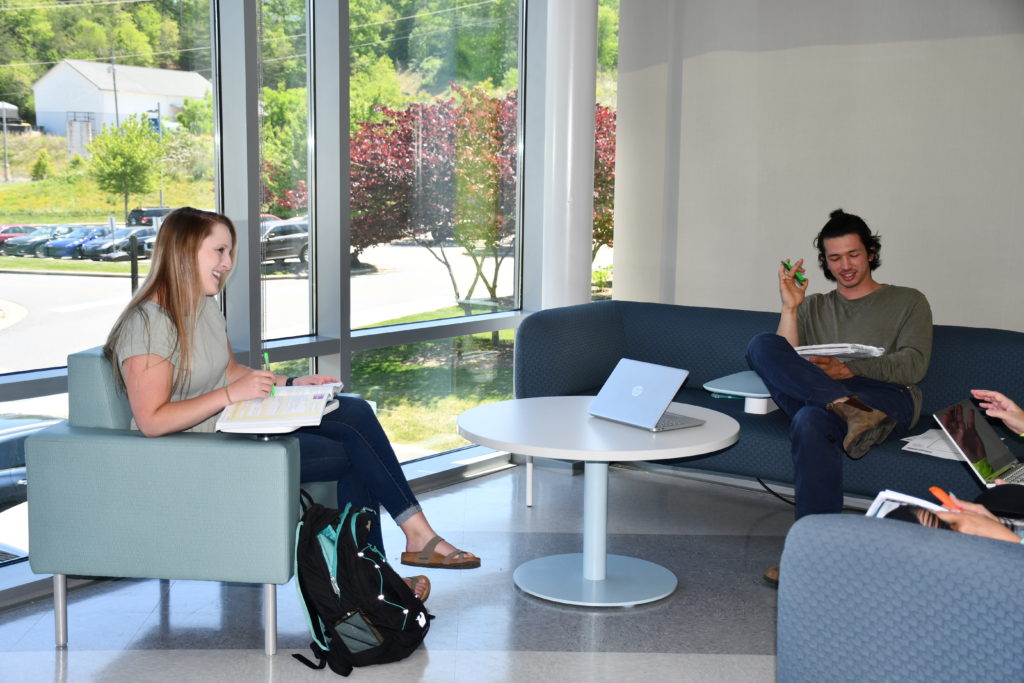

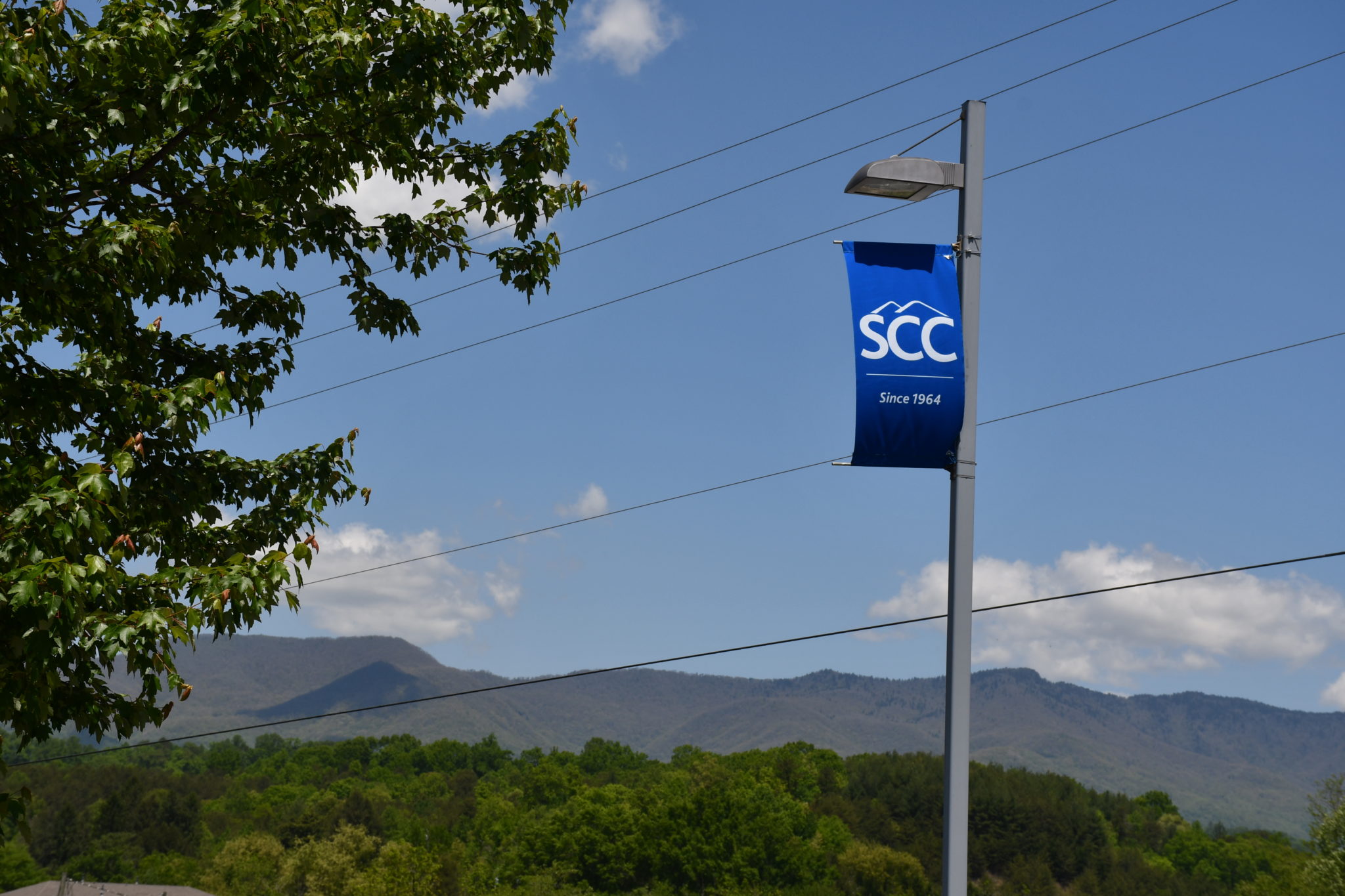

“It gives you a deep immersion into a stronger understanding of the potential needs,” Tomas said. “You’re involved with civic organizations, chambers, and economic development boards… Everybody knows you, and you get to know everybody.”
Earlier this year, the Belk Center for Community College Leadership and Research, in collaboration with Achieving the Dream, launched an initiative to help rural-serving institutions address the challenges they face and capitalize on opportunities. The Rural College Leaders Program (RCLP) is an immersive learning community with 10 North Carolina community colleges that serve at least one rural county.
“Elevating and supporting our rural-serving institutions is a step toward ensuring that all North Carolinians have equitable access to postsecondary attainment,” Dr. Audrey J. Jaeger, executive director for the Belk Center, said. “Through the Rural College Leaders Program, we are supporting colleges in their efforts to improve student success that leads to greater social and economic mobility in our state’s regions.”
Tomas agrees that creating early access for the community is crucial. But Southwestern knows it cannot always rely on residents to show-up on campus.
“You need to take the college to the community and the community to the college.”
Dr. Don Tomas, president of Southwestern Community College
How Southwestern continues to improve access, student success, and equity
As Tomas previously stated, no one model or system can be responsible for meeting the needs of students. One of those approaches Southwestern uses is an early connection system.
Leveraging public school partnerships, Southwestern engages with students as early as sixth grade. The college connects with students through New Century Scholars, a program that “provides college preparation skills and last-dollar college tuition to selected students in Jackson, Macon, and Swain counties.”
Through the college’s Professional Exploration And Knowledge (PEAK) Explorers program, students are introduced to career-connection activities that generate discussion and help them make informed decisions about their higher education choices starting in sixth grade.
Additionally, the college offers Career and College Promise, a dual-enrollment program that allows high school students the opportunity to earn free college credit. Southwestern provides students interested in dual-enrollment a pathways chart that maps both their high school and college completion in six years or less.
Tomas said these early opportunities for connection are important for students who may not otherwise engage with the college because they are first-generation or have social and economic barriers that limit access.
After a student is enrolled at Southwestern, they’ll be introduced to an Appreciative Advising approach, a collaborative effort between advisor and student. Advisors use open-ended questions to help students visualize their goals. The Appreciative Advising approach is centered around the six phases shown below.
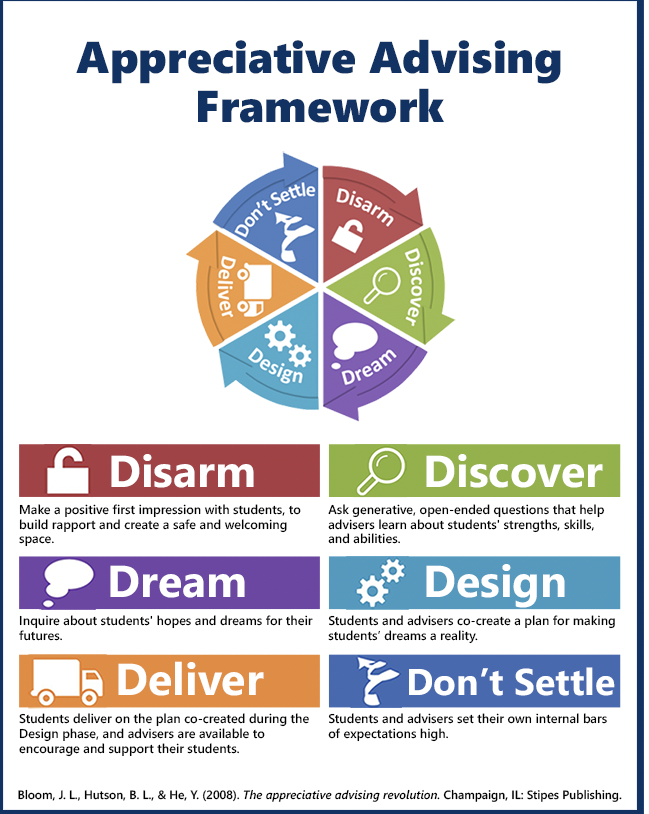

Poverty rates and the number of first-generation college students are greater in Southwestern’s service areas compared to the state’s average. The college is leveraging resources to ensure postsecondary attainment, including early colleges, scholarships, GEAR UP, and Upward Bound.
Once enrolled, Southwestern provides student support services, one of which includes Male Success Coaching. It’s an important initiative in the wake of COVID-19, when enrollment among men fell 14.7% nationally from fall 2019 to fall 2020 at public two-year institutions.
Despite serving a largely white population, Tomas said the percentage of minority curriculum students enrolled at Southwestern is greater than the minority population of the college’s service areas. Tomas went on to say that the Hispanic population makes-up around 7.5% of the total population of Southwestern’s service areas, but Hispanic student enrollment at the college is over 9%.
Beyond creating early access opportunities and engaging minority students, the college collaborates with area employers to deliver workforce solutions to the local community. Southwestern coordinated with the local casino to create a Dealer Training program, preparing over 2,000 students.


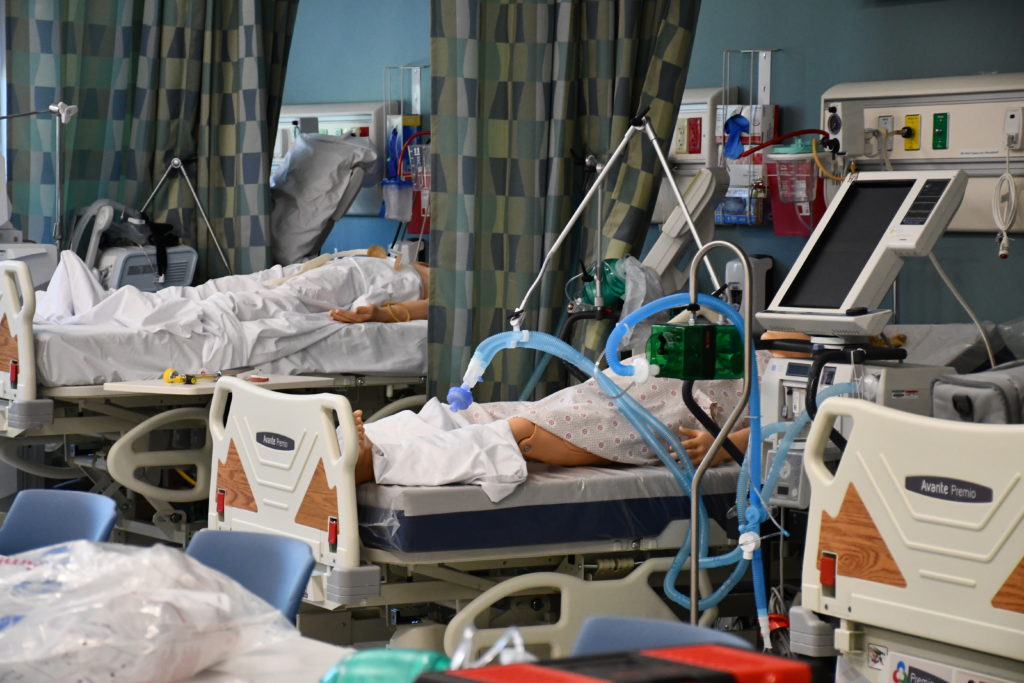

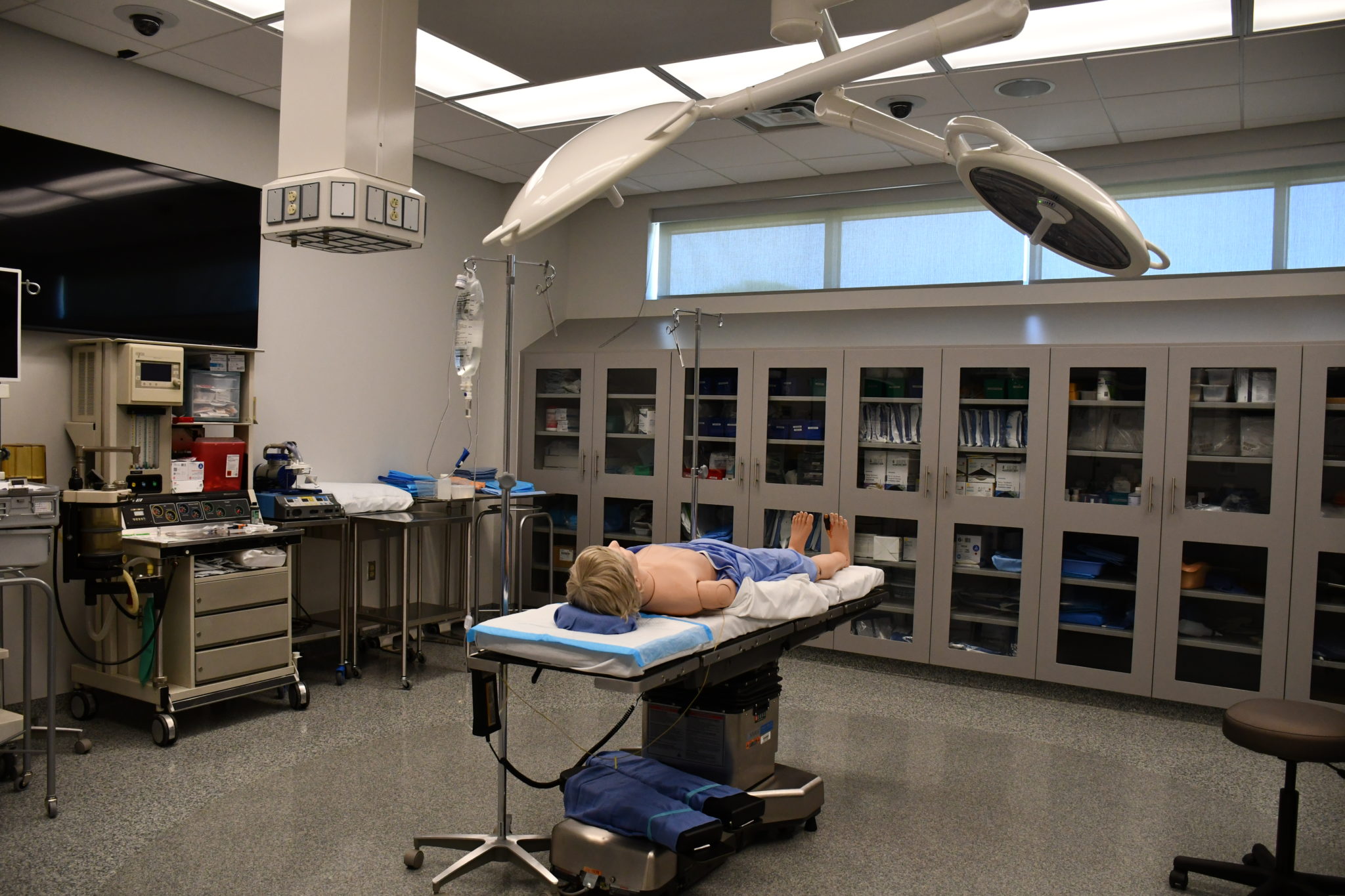

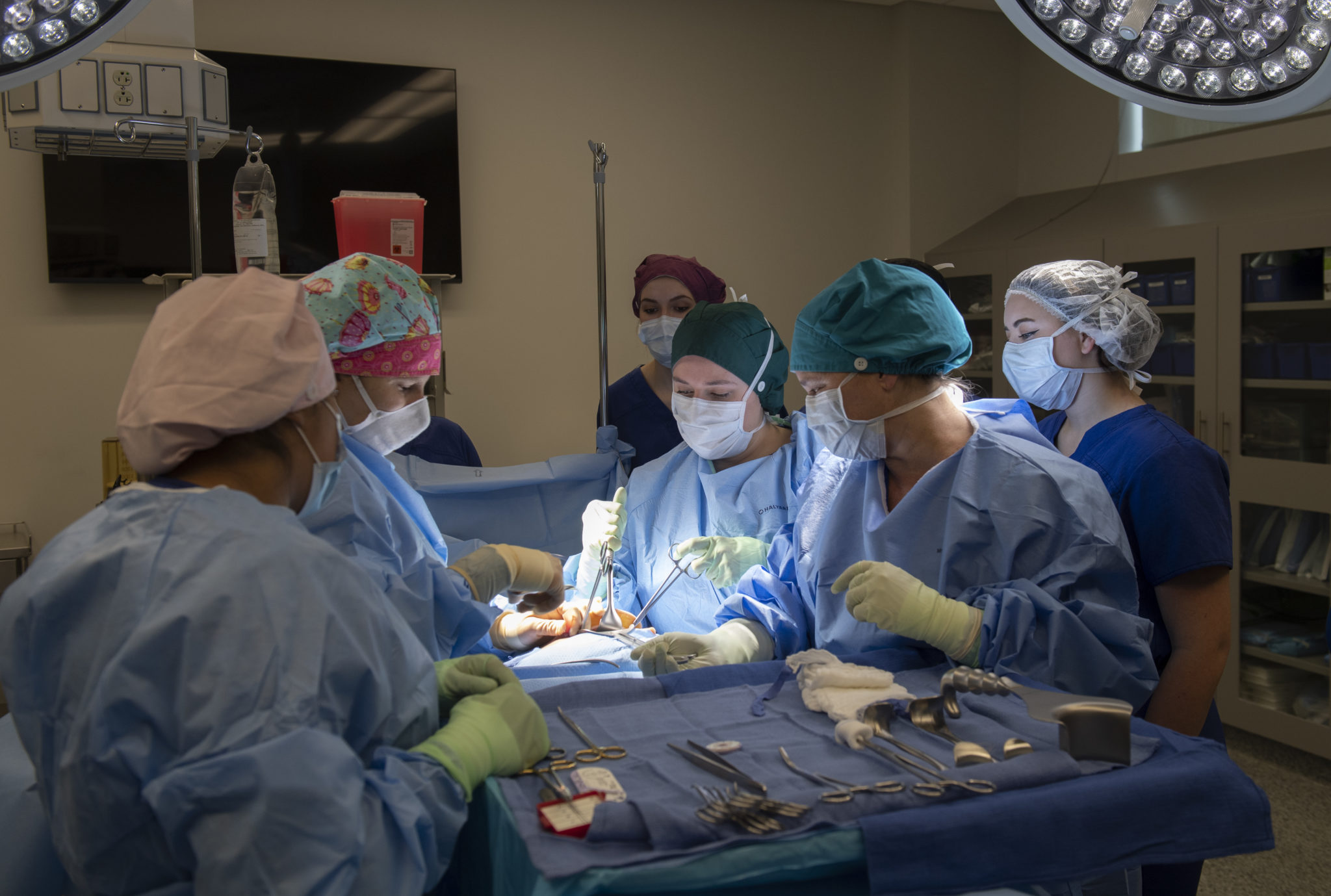

When labor market data indicated gaps between employment opportunities and preparedness, Southwestern took action – adding two new health sciences programs to meet local needs.
In fall 2021, Southwestern opened its new Health Sciences Center. The center spans over 55,000 square feet and houses classrooms and training for 10 of the college’s 16 health care career fields.
The 10 finalists for the Aspen Prize for Community College Excellence will be announced in early June 2022.


